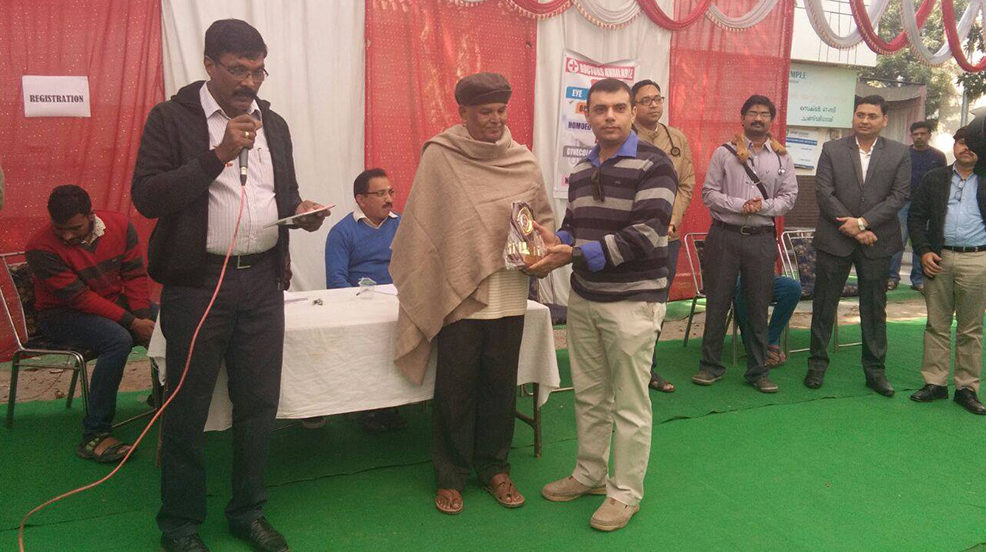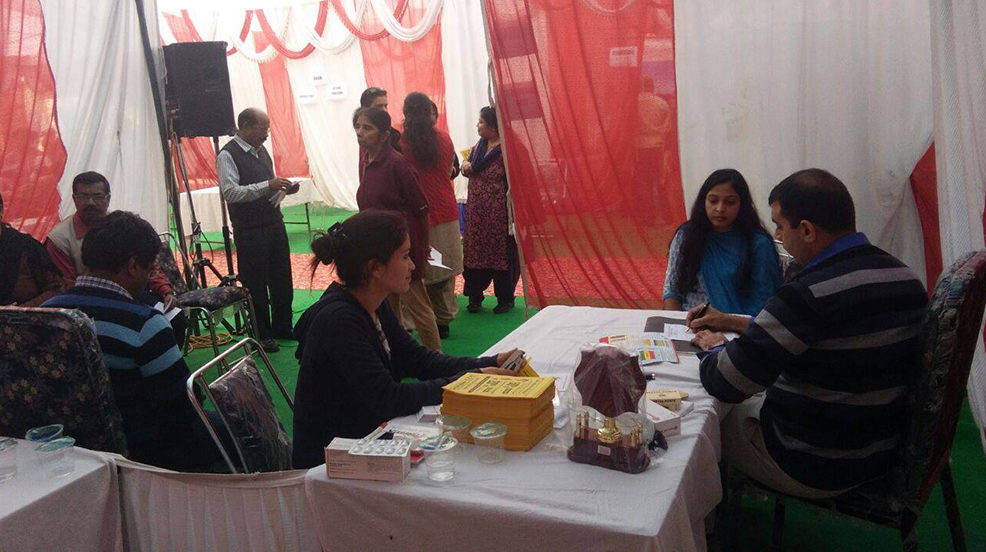Frequently Asked Questions – Shoulder Pain:
Q: What are the common causes of shoulder pain?
A: Shoulder pain can be caused by various factors, including rotator cuff injuries, tendonitis, bursitis, frozen shoulder, arthritis, shoulder impingement, dislocation, fractures, and muscle strains.
Q: How can I prevent shoulder pain?
A: To prevent shoulder pain, it is important to maintain good posture, avoid repetitive overhead movements, practice proper lifting techniques, strengthen the shoulder muscles through regular exercise, and take breaks during activities that strain the shoulder.
Q: When should I seek medical attention for shoulder pain?
A: You should seek medical attention if your shoulder pain is severe, persistent, accompanied by swelling or bruising, interferes with your daily activities, or if you have difficulty moving your arm or shoulder.
Q: How is shoulder pain diagnosed?
A: Diagnosis of shoulder pain typically involves a physical examination, review of medical history, and possibly imaging tests such as X-rays, MRI scans, or ultrasound to assess the underlying cause of the pain.
Q: What are the treatment options for shoulder pain?
A: Treatment for shoulder pain depends on the cause and severity of the condition. It may include rest, physical therapy, pain medication, corticosteroid injections, immobilization, and in some cases, surgery.
Q: Can shoulder pain be managed without surgery?
A: Yes, many cases of shoulder pain can be effectively managed without surgery through conservative treatment methods such as rest, physical therapy, medications, and lifestyle modifications.
Q: How long does it take to recover from shoulder pain?
A: The recovery time for shoulder pain varies depending on the cause and severity of the condition. Mild cases may resolve within a few weeks with appropriate treatment, while more complex cases or those requiring surgery may take several months for complete recovery.
Q: Can shoulder pain be a symptom of other underlying health issues?
A: Yes, shoulder pain can sometimes be a symptom of other health issues such as heart disease, lung problems, or gallbladder disease. It is important to consult with a healthcare professional to determine the exact cause of the shoulder pain.
Q: Are there any lifestyle changes that can help manage shoulder pain?
A: Yes, certain lifestyle changes can help manage shoulder pain. These include maintaining a healthy weight, avoiding activities that strain the shoulder, practising good posture, performing regular shoulder exercises to strengthen the muscles, and using proper ergonomics at work and during daily activities.
Q: Can shoulder pain recur after treatment?
A: In some cases, shoulder pain may recur after treatment, especially if the underlying cause is not fully resolved or if there is a re-injury. It is essential to follow the recommended treatment plan, attend follow-up appointments, and take preventive measures to reduce the risk of recurrence.
Frequently Asked Questions – Knee Replacement:
Q : What is knee replacement surgery?
A : Knee replacement surgery is a medical procedure that involves replacing the damaged or worn-out parts of the knee joint with an artificial joint made of metal, ceramic, or plastic.
Q : What are the common reasons for knee replacement surgery?
A : Knee replacement surgery is usually performed to alleviate chronic knee pain caused by arthritis, injury, or other degenerative conditions that have not responded to conservative treatments.
Q : How long does knee replacement surgery take?
A : The surgery typically takes about 1 to 2 hours to complete, but the actual time may vary depending on the extent of the damage and the type of surgery being performed.
Q : What is the recovery time after knee replacement surgery?
A : The recovery time after knee replacement surgery varies depending on the patient’s age, overall health, and the extent of the surgery. Most patients can return to normal activities within 3 to 6 months after surgery.
Q : Is knee replacement surgery painful?
A : Patients may experience some pain and discomfort after knee replacement surgery, but medications are available to manage the pain.
Q : What are the risks associated with knee replacement surgery?
A : Like any surgical procedure, knee replacement surgery carries some risks, including infection, blood clots, and nerve damage.
Q : Can knee replacement surgery fail?
A : Knee replacement surgery is generally a successful procedure, but it is possible for the artificial joint to wear out or fail over time, requiring revision surgery.
Q : How long does an artificial knee joint last?
A : The lifespan of an artificial knee joint depends on several factors, including the patient’s age, activity level, and the type of implant used. Generally, the implant can last up to 20 years or more.
Q : What are the alternatives to knee replacement surgery?
A : Conservative treatments, such as medication, physical therapy, or assistive devices, are often used to manage knee pain before considering surgery.
Q : Who is a good candidate for knee replacement surgery?
A : A good candidate for knee replacement surgery is a patient with chronic knee pain or other symptoms caused by arthritis, injury, or other degenerative conditions that have not responded to conservative treatments. The patient should also be in overall good health and have realistic expectations for the outcome of the surgery.
Frequently Asked Questions – Rheumatoid Arthritis:
Q : What is Rheumatoid Arthritis?
A : Rheumatoid arthritis (RA) is a chronic autoimmune disease that causes inflammation and pain in the joints.
Q : What are some common RA symptoms?
A : Some common RA symptoms include joint pain, stiffness, swelling, fatigue, fever, and weight loss.
Q : What are some common RA triggers?
A : Some common RA triggers include stress, smoking, infections, and certain foods.
Q : What are some common RA complications?
A : Some common RA complications include osteoporosis, carpal tunnel syndrome, lung disease, and heart disease.
Q : How can I manage Rheumatoid Arthritis?
A : You can manage RA by taking medication as prescribed by your doctor, exercising regularly, eating a healthy diet, and getting enough rest.
Q : What are some common treatments for Rheumatoid Arthritis?
A : Some common treatments for RA include nonsteroidal anti-inflammatory drugs (NSAIDs), corticosteroids, disease-modifying antirheumatic drugs (DMARDs), and biologic agents.
Q : What are some common causes of Rheumatoid Arthritis?
A : The exact cause of RA is unknown but it is believed to be caused by a combination of genetic and environmental factors.
Q : How can I prevent Rheumatoid Arthritis?
A : There is no known way to prevent RA but you can reduce your risk by maintaining a healthy lifestyle and avoiding known triggers.
Q : Can Rheumatoid Arthritis be cured?
A : There is no known cure for RA but it can be managed with proper treatment.
Frequently Asked Questions – Ankylosing Spondylitis:
Q : What is Ankylosing spondylitis?
A : Ankylosing spondylitis is a type of arthritis in the spine that causes inflammation and gradual fusing of the vertebrae.
Q : What are the early signs and symptoms of Ankylosing spondylitis?
A : Early signs and symptoms include pain and stiffness in the lower back and hips, especially in the morning and after periods of inactivity. Neck pain and fatigue are also common.
Q : What are some factors that could contribute to Ankylosing spondylitis?
A : The exact cause for ankylosing spondylitis is not known. Gene mutation could be a factor. Other factors that could contribute to ankylosing spondylitis include:
Gender: Men are at increased risk than women.
Age: The disease tends to develop during late adolescence or early adulthood Family history
Q : What are some complications of Ankylosing spondylitis?
A : Fusion of the vertebrae in the affected part is one of the main complications. This leads to:
– Stiffness and inflexibility in the affected part
– Hip joints especially may require hip replacement
– Hunched forward posture
– Difficulty in breathing, when ribs are affected Other complications noted include:
– Uveitis or eye inflammation
– Compression of the spinal cord in case of fractures in the vertebrae
– Problems in aorta and heart
Q : How is Ankylosing spondylitis diagnosed?
A : The primary diagnosis depends on physical examination, followed by other imaging tests to rule out any other conditions such as:
– Movement of spine, movement of legs and breathing tests are performed.
– MRI scan of sacroiliac joints provides detailed images of bones and surrounding tissues.
– X-ray of back and pelvis may be performed to assess the severity of the disease.
– Genetic test to check for HLA-B27 gene.
– Kidney function test to rule out kidney problems that produce back pain.
Q : What are some treatments for Ankylosing spondylitis?
A : Treatments including medications, therapies, exercise, and surgery help manage the condition such as:
– Nonsteroidal anti-inflammatory drugs (NSAIDs): Used to relieve inflammation, pain, and stiffness.
– Disease-modifying antirheumatic drugs (DMARDs): Used to relieve inflammation, pain, and stiffness.
– Biologics: To reduce inflammation, pain, and stiffness.
– Joint replacement surgery: In cases of severe damage to hip and knee joints.
– Physical therapy: Includes range-of-motion and stretching exercises, proper sleep and waking positions, etc.
Q : How can I prevent Ankylosing spondylitis?
A : There is no known way to prevent ankylosing spondylitis but you can reduce your risk by:
– Exercise regularly: Practice daily bending, stretching, and breathing exercises
– Maintain proper posture
– Quit alcohol and smoking.
Q : What foods should I eat if I have Ankylosing spondylitis?
A : Foods that contain omega-3 fatty acids such as flaxseeds, walnut, fishes such as salmon and tuna, kale, spinach; whole grains such as oatmeal, and buckwheat; low starch diet such as fruits, vegetables, meat, fish, milk and milk products, eggs can help.
Q: What foods should I avoid if I have Ankylosing spondylitis?
A: Limit sugar, sodium, and fat; avoid alcohol.




